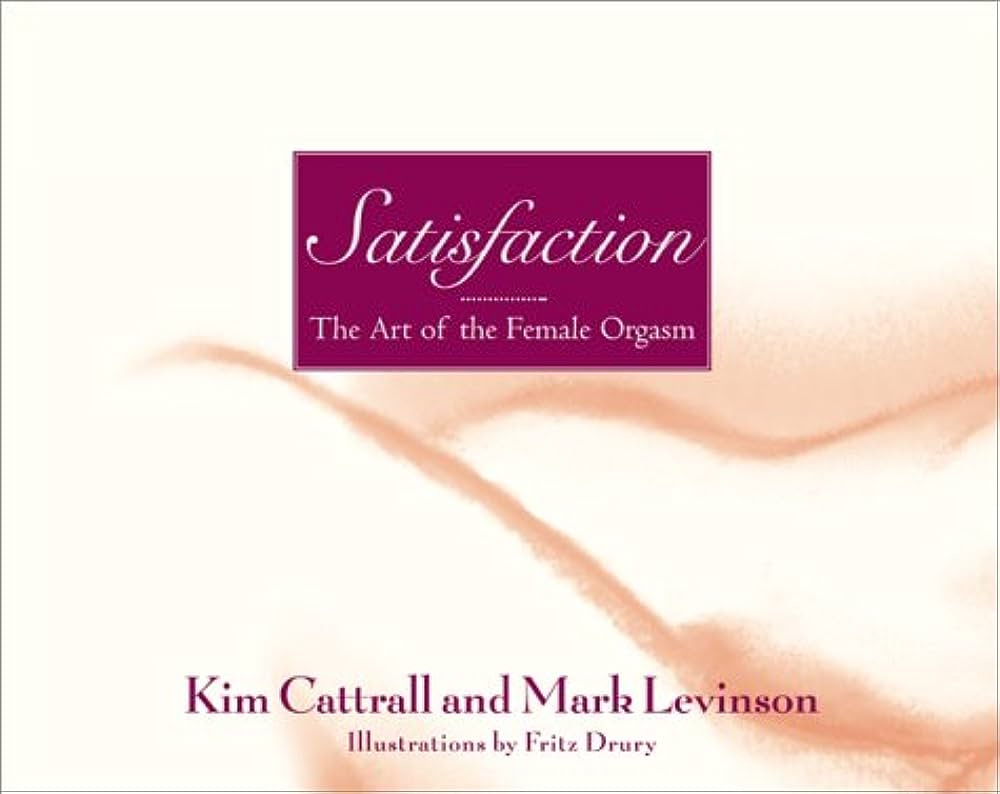Alex Ross is the most powerful classical music critic in America. Most of the time he uses his platform to praise beautiful sounds, but once in a while he drops a hammer.
In “Requiem for Mostly Mostly Mozart,” Ross unpacks how a major supporter of the symphonic world is backing out of the game. A key paragraph about Lincoln Center director Henry Timms:
Although the traditional performing arts have abiding issues with élitism and exclusivity, a swerve toward pop hardly compensates for the profound societal inequalities that are embedded in our celebrity-driven culture. Symptomatic attitudes can be found in a 2018 book titled New Power, which Timms wrote with Jeremy Heimans. The authors reject top-down leadership and embrace a model that they call “open, participatory, and peer-driven.” Facebook and Twitter are among the lead cases. Anyone who has paid attention to the decimation of the public sphere in recent years will be aware that power tends to stay in the hands of a few, no matter what hazy rhetoric accompanies each changing of the guard.
It only makes sense to support old-school classical music in the performing arts. It takes years of practice to play Mozart well, it is expensive to mount a symphonic production, it is very nutritious for all involved. The long view matters much more than Twitter.
I’m not as certain that Nate Chinen is the most powerful jazz critic in America, but there’s no doubt that he one of the most visible. He’s also a resolute cheerleader of a wide variety of scenes and styles. Only rarely does Chinen weigh in with something negative, so I was a bit surprised to see his measured critique of new high-profile albums: “When the world's your stage, can an album capture the feeling? New albums by bandleaders Jon Batiste and Louis Cato make a listener long for the live experience.”
For me there is something very "we celebrate corporate culture!" the way Jon Batiste has gone with last year’s Amazon Prime ad and the new Coke Studio video. (I was particularly affected by the Amazon Prime bit, which can be seen here.)
Certain franchises like Taylor Swift and Marvel movies are rumored to be impossible to critique publicly. Is Jon Batiste headed to a similar untouchable position? I was surprised to get public pushback from people I respect after linking to Chinen’s article.
Apparently some watch the Amazon Prime or Coke Studio productions and respond, “Go ahead, Jon! Get that bread! Reach millions of people!”
But I see these videos as just another way the tech bros are seeking to crush all idiosyncratic creativity. The videos positively yearn for a joyless dystopia.
The corporate comment attached to the YouTube video of “Be Who You Are” claims, “Only when we are true to ourselves, we can fully connect with others and create Real Magic moments”…
…but surely these lyrics are more like a ChatGPT version of creativity — or even a ruthless imagining of what downtrodden workers in cubicles are forced to sing while glued to the screens (all the while ordering Coke products to be delivered through the slot by Amazon Prime).
Lonely one
Out there on an eagles' wings
You’re bringing something they can’t bring
And singing something they can’t sing
I know it’s lonely when you’re saying something they ain’t heard
Don’t want to share a mumbling word
But just follow me and we will learn
That you can only be who you are
To be clear, Batiste doesn’t need to play jazz, he should make the music he wants to make. Some people interpreted my criticism as a desire for Batiste to play in an acoustic trio or something, but that idea didn’t even cross my mind. Batiste’s embrace of many genres is one of his obvious strengths. A few years ago I wrote a rave review of the movie Soul, including very positive comment about Batiste’s score. The talent is undeniable. Make the money, reach the people.
I simply find this “we long for a controlling corporate culture” space almost frightening.
Celebrities in advertisements isn’t always bad. I admit the new Kim Cattrall spot for Super Mario made me laugh.
At the Vanguard recently, Andrew Cyrille said of some trivia he was about to announce, “This is a footnote to a footnote.”
In terms of jazz history, Kim Cattrall has a footnote to a footnote. Bassist Mark Levinson played great with Paul Bley in the 1960’s, including on the second side of personal touchstone album Ballads, but unfortunately I never heard him with anyone else.
Much later, Levinson co-wrote Satisfaction: The Art of the Female Orgasm with his then-wife Kim Cattrall.





I was so fascinated by Alex Ross's piece. Partly because he's been a strong champion of music that ranges quite far from Mozart, and of arts organizations' desire to reach new audiences. But this stuff that's going on at Lincoln Center is clearly, for him, a bridge too far. To me that Mostly Mozart piece pairs with articles the NYT has run all summer about a crisis in American regional theatre. Each of those pieces says, "Whatever could be wrong?" The comments are brimming over with readers — NYT subscribers, not Trump voters from mining towns — saying, "Theatre companies' best instincts are producing torrents of unwatchable plays that seem designed to alienate audiences." And Shanta Thake, one of the antagonists in Ross's Lincoln Center piece, comes from The Public Theater, which is an epicentre for the crisis the NYT is covering. I could go on. Plainly, it's hard not to.
Good time to revisit
https://youtu.be/1S37dLbR9WA?si=uQgILq0C-hkIBddS